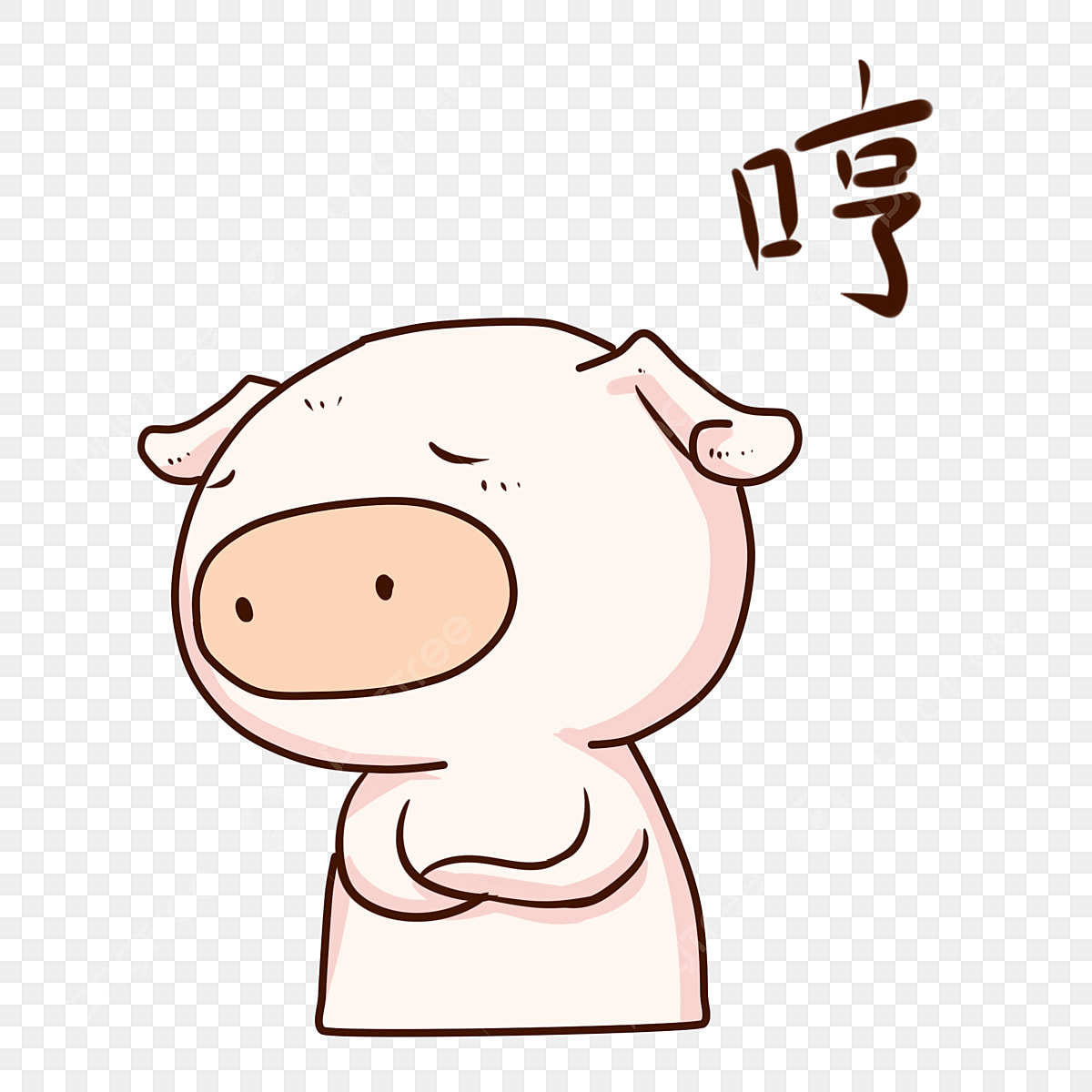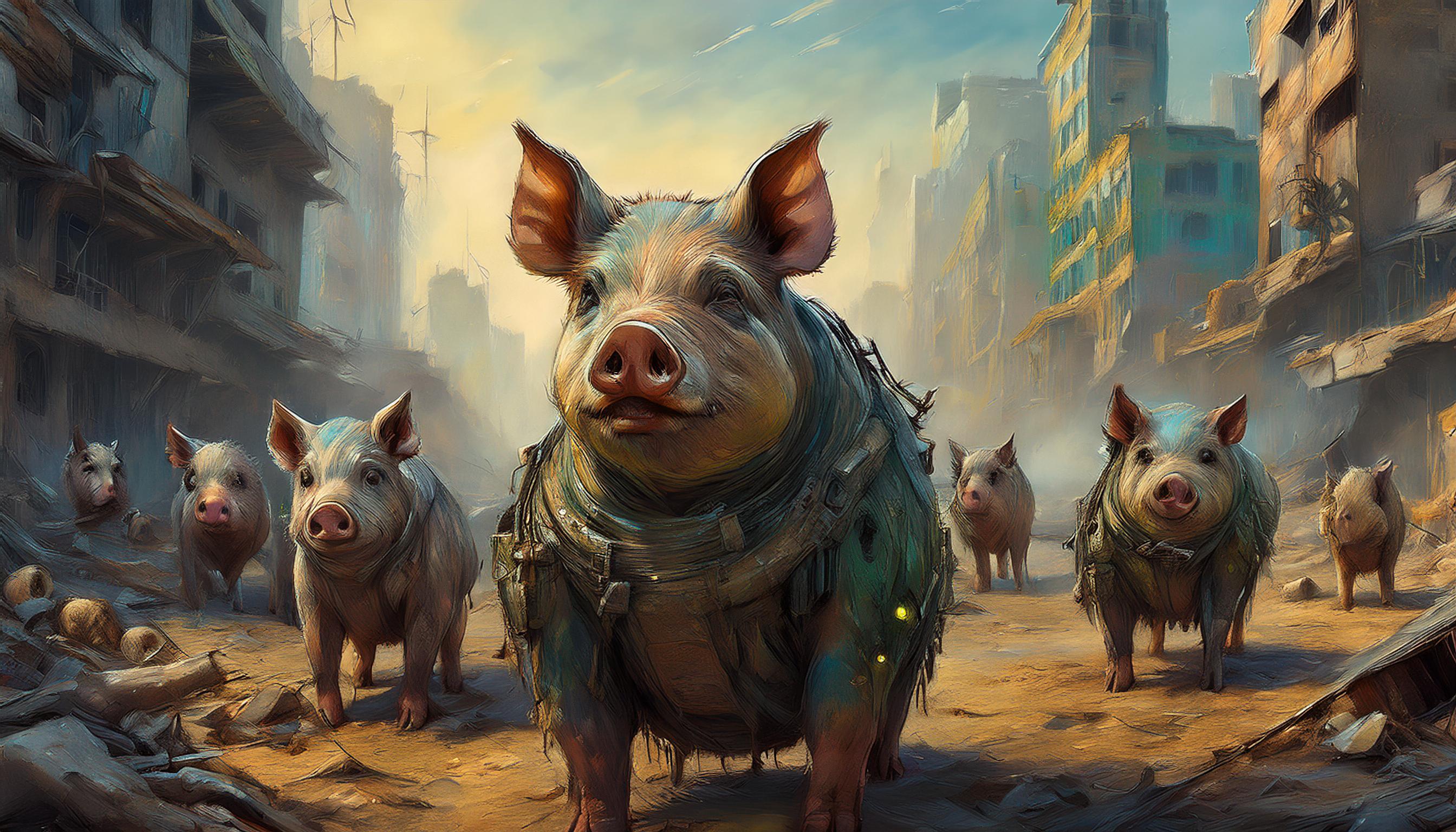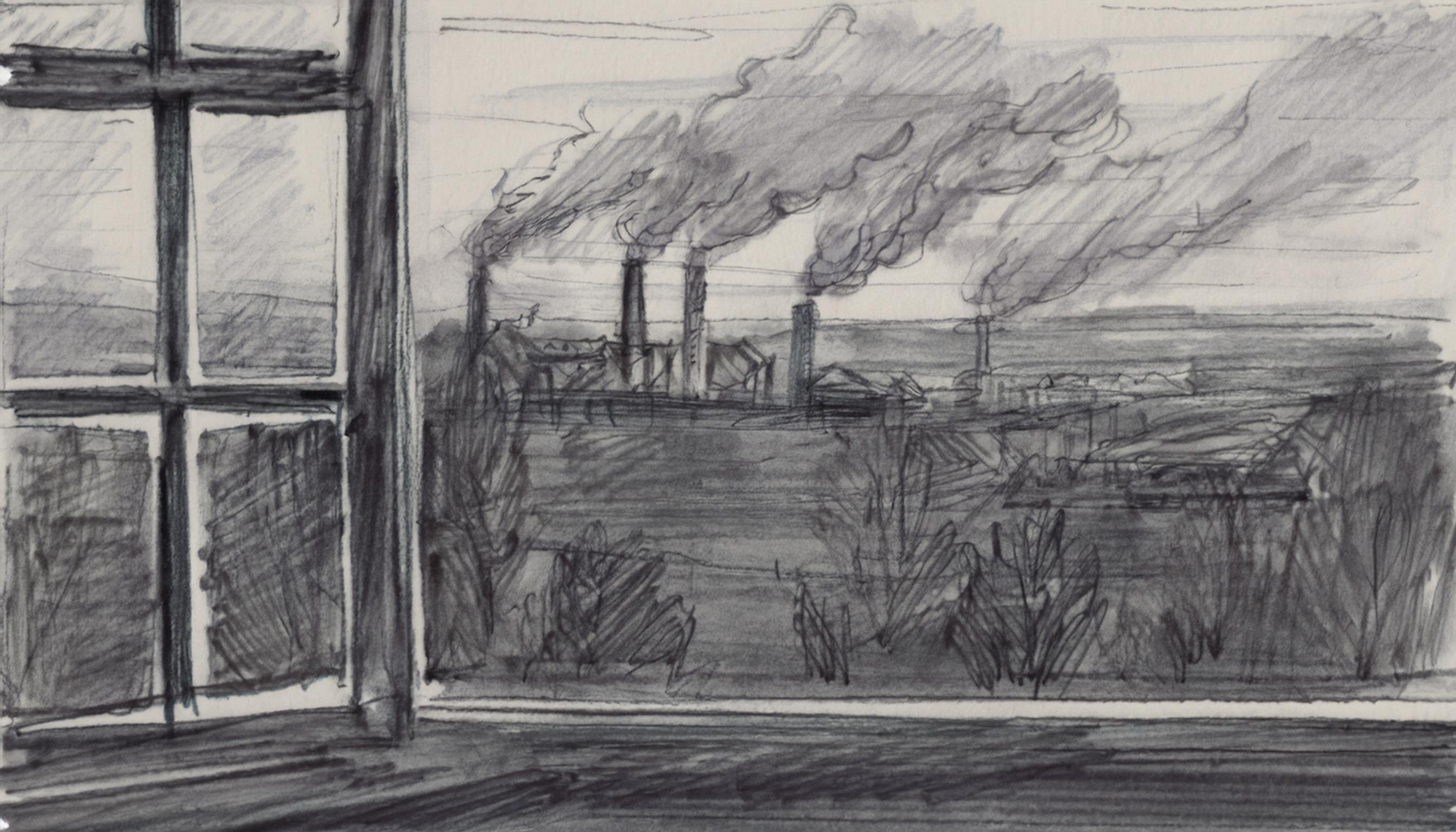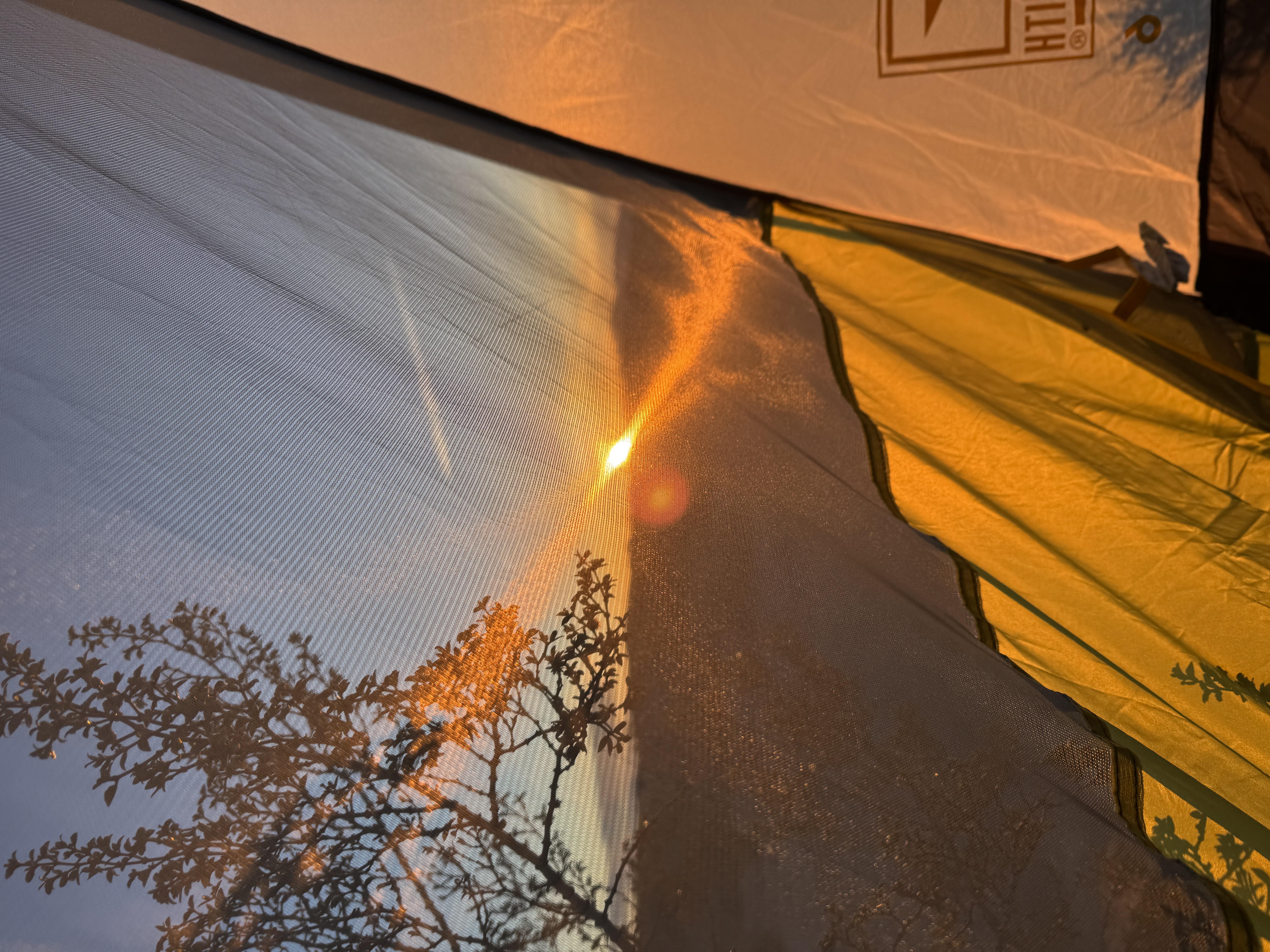I'm a Grass
I’m a Flexible Grass: the Art of Bending
Introduction
Inspiration:
《赋得古原草送别》
唐: 白居易
离离原上草,一岁一枯荣。
野火烧不尽,春风吹又生。
远芳侵古道,晴翠接荒城。
又送王孙去,萋萋满别情。
I wrote this Abecedarian poem, “I’m a Flexible Grass,” as a way to explore a simple idea: sometimes, the things we’re taught to admire—strength, stature, unyielding confidence—aren’t what help us survive. It’s not always the tallest tree that lasts the longest. Sometimes, it’s the grass beneath it, quiet and overlooked, that outlives them all.
Here’s my breakdown of the poem, piece by piece.
1. The Praise of the Mighty
“All hail the trees, they said.
Big. Brave. Better.
Commanding the green, drinking the sun, dropping their wisdom like dead leaves.”
This is where the poem starts—where most stories about strength start—with admiration. The trees are symbols of everything we’re told to respect: big, bold, important. They reach for the sky, soak up the spotlight, and hand out their “wisdom,” which, honestly, often feels as disposable as dead leaves. That’s intentional. Wisdom from the top can sometimes feel hollow when it doesn’t account for the ground beneath.
2. The Rules for the Rest of Us
“Don’t grow too wild, they warned us. Stay low. Stay meek. Stay useful.”
This part shifts to the voice of the grass—those of us who aren’t the “trees” in society. We’re told to behave, to keep our heads down, to be useful rather than bold. There’s a quiet frustration in these lines because these aren’t just rules—they’re cages. They shape us into what’s convenient for others, not necessarily what’s best for us.
3. Watching, Waiting, Learning
“How grand they were, scoffing at the wind, laughing at the storm.
I watched. I listened. I learned.”
The trees mock the forces they think can’t touch them—storms, winds, change. Meanwhile, the grass is observant. This is where the grass’s quiet strength starts to show. It’s not loud. It doesn’t need to be. Sometimes, the smartest thing you can do is watch, listen, and learn from those who think they’ve got it all figured out.
4. The Fall
“Lightning and wind from above punished those who stand up.
Mighty roots did not matter.”
Nature doesn’t care how impressive you look. It doesn’t care how deep your roots go. When the storm comes, the same trees that stood tall and laughed at the wind are the first to snap. This is the turning point—the illusion of invincibility shatters. The very thing that made them powerful (their rigidity, their height) is what makes them fragile.
5. Survival Isn’t Always Glorious
“Trees fall. Grass remains.
Underneath, maybe. But still alive.”
The grass is still here—not because it fought harder, but because it didn’t resist. It bent, adapted, and outlasted. There’s no dramatic victory here, no grand speech. Just survival. And that’s enough. There’s beauty in simply existing after the storm has passed, even if no one’s applauding.
6. The Cycle of Power
“Who will be the next to rule? Another tree? Another name?
Xeroxed speeches, same promise, yet same fate.”
History repeats itself. New leaders rise, making the same promises, believing they’re different. But the pattern doesn’t change. The “trees” keep trying to be the tallest, the strongest, ignoring the lessons buried right under their feet. It’s almost comical—if it wasn’t so predictable.
7. The Quiet Victory
“Zephyr comes. I bow. I stay. I win.”
And that’s it. No battle, no resistance. Just a simple bow to the wind, like always. The victory isn’t loud because it doesn’t need to be. Survival speaks for itself. The grass wins not because it tried to out-tough the storm, but because it never needed to.
Final Thoughts
This poem isn’t just about grass and trees. It’s about people. It’s about the systems that tell us what strength should look like and the quiet defiance of those who refuse to play by those rules. It’s about resilience—not the dramatic, cinematic kind, but the kind that looks like just getting through the day. The kind that bends but doesn’t break.
I guess the takeaway is this: you don’t have to be the tallest to survive the storm. Sometimes, all you have to do is stay flexible.
I’m a Flexible Grass
All hail the trees, they said.
Big. Brave. Better.
Commanding the green, drinking the sun, dropping their wisdom like dead leaves.
Don’t grow too wild, they warned us. Stay low. Stay meek. Stay useful.
Every law, every taboo, every shadow cast—for our own good, of course.
Fine. I bowed. I bent. I swayed.
Good little grass, soft and silent beneath their feet.
How grand they were, scoffing at the wind, laughing at the storm.
I watched. I listened. I learned.
Just another gust, no big deal. The strong do not move, they declared.
Keep standing, keep towering, keep proving—until the cracks came.
Lightning and wind from above punished those who stand up.
Mighty roots did not matter.
Next thing I knew, the sky was open.
Oaks, pines, maples—gone. Snapped. Splintered. Silent.
Poor things. Did not bent when the wind blows
Quite the tragedy. Truly…
Remember how you told me to stay low?
Seems that worked out just fine.
Trees fall. Grass remains.
Underneath, maybe. But still alive.
Very well, let’s play this game again.
Who will be the next to rule? Another tree? Another name?
Xeroxed speeches, same promise, yet same fate.
You go ahead and reach for the sky. I’ll just be here, waiting.
Zephyr comes. I bow. I stay. I win.






